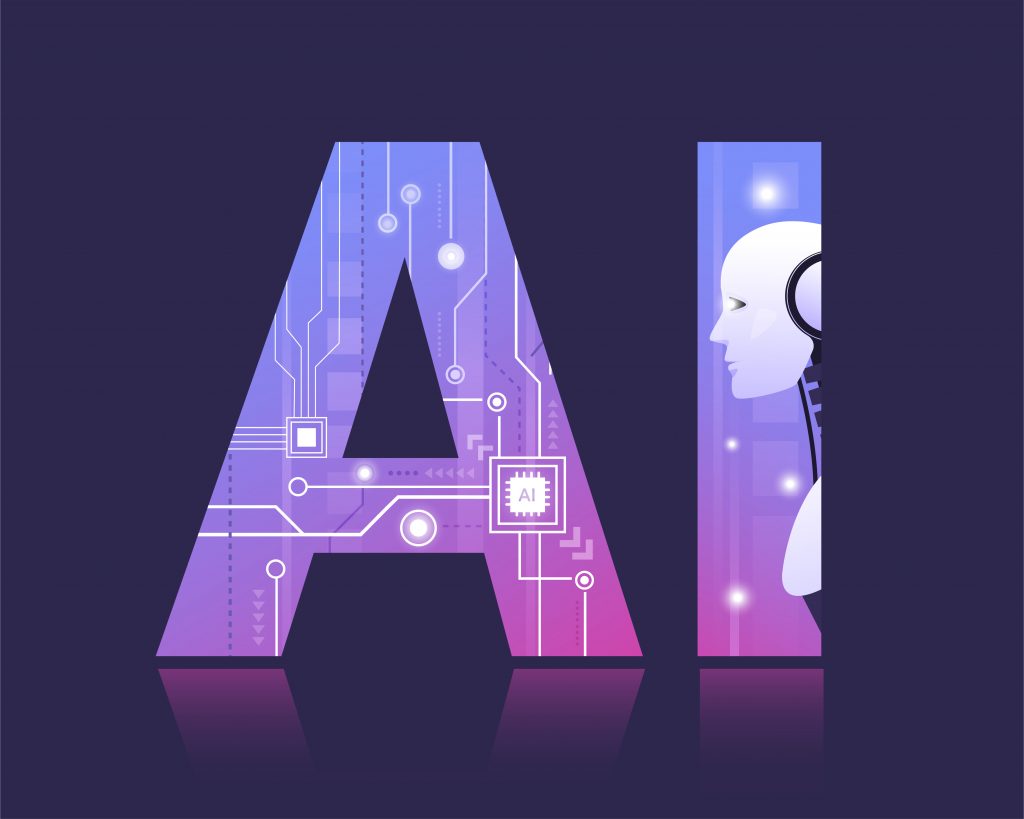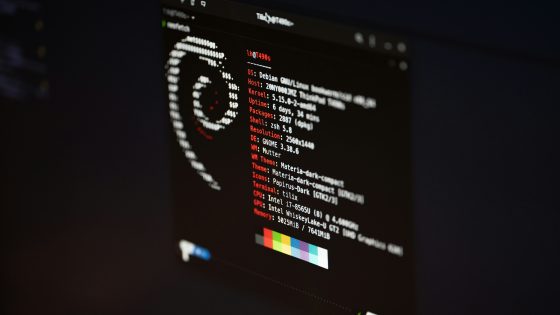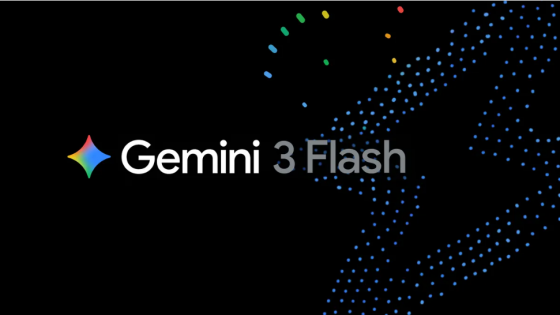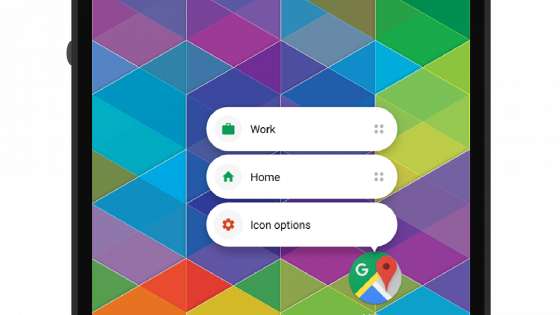Leading companies agree on safeguards to manage artificial intelligence

The White House announced that seven leading companies in the field of artificial intelligence have committed to managing the risks posed by the new technology.
This will include testing the security of artificial intelligence and making the results of those tests public.
Representatives from Amazon, Anthropic, Google, Inflection, Meta, Microsoft and OpenAI joined US President Joe Biden in announcing the collaboration.
The speed with which companies are developing their tools has fueled fears of the spread of disinformation, especially in the run-up to the 2024 US presidential election.
"We need to be clear and alert to the threats posed by emerging technologies that may pose — not necessarily, but may pose — a risk to democracy and our values," President Joe Biden said during a speech Friday.
Last week, Meta, Facebook's parent company, also announced its own AI tool called Llama 2.
As part of the agreement signed on Friday, the companies and the US government agreed to:
- Security testing of their AI systems by internal and external experts before their release
- Ensuring AI content can be noticed by humans by introducing watermarks
- Regular public reporting on the capabilities and limitations of AI
- Exploring risks such as bias, discrimination and invasion of privacy
The goal is to make it easy for people to tell when online content is created by artificial intelligence.
Watermarks for AI-generated content were among the topics European Commissioner Thierry Breton discussed with OpenAI CEO Sam Altman during a visit to San Francisco in June.
“I look forward to continuing our discussions – especially on the watermark,” Breton wrote in a tweet that included a clip of a video of him and Mr. Altman.
In the video, Mr. Altman said that "very soon, I would like to show" what OpenAI is doing with watermarks.
The voluntary safeguards signed on Friday are a step toward stricter regulation of artificial intelligence in the US.
The White House said it would also work with allies to establish an international framework to govern the development and use of artificial intelligence. Warnings about the technology include that it could be used to generate disinformation and destabilize society, and that it could pose an existential risk to humanity - although some experts have said the apocalyptic warnings are exaggerated.
Europe is also preparing its own act on artificial intelligence, which will apply to everyone who develops and deploys artificial intelligence systems in the EU. It has quite a few similarities with the new American cooperation pact. The extent of regulation depends on the risks created by each application, from minimal to "unacceptable". Systems that fall into the latter category are completely prohibited. These include real-time facial recognition systems in public spaces, predictive policing tools, and social scoring systems similar to those in China that assign people a "score" based on their behavior.
The legislation also sets strict limits on "high-risk" AI applications, which are those that threaten "significant harm to human health, safety, fundamental rights or the environment."
These include systems used to influence voters in elections, as well as social media platforms with more than 45 million users who recommend content to their users - a list that would include Facebook, Twitter, Instagram and even the latest Threads.
The law also outlines the transparency requirements for artificial intelligence systems.
For example, systems like ChatGPT should disclose that their content has been generated by artificial intelligence, distinguish deeply fake images from real ones, and provide protection against the creation of illegal content.
Artificial intelligence has attracted a lot of attention, both positive and negative. The good news is that governments and companies responded early to many of the public's concerns and began regulating preemptively.
Profile picture: Image by jcomp he Freepik



























